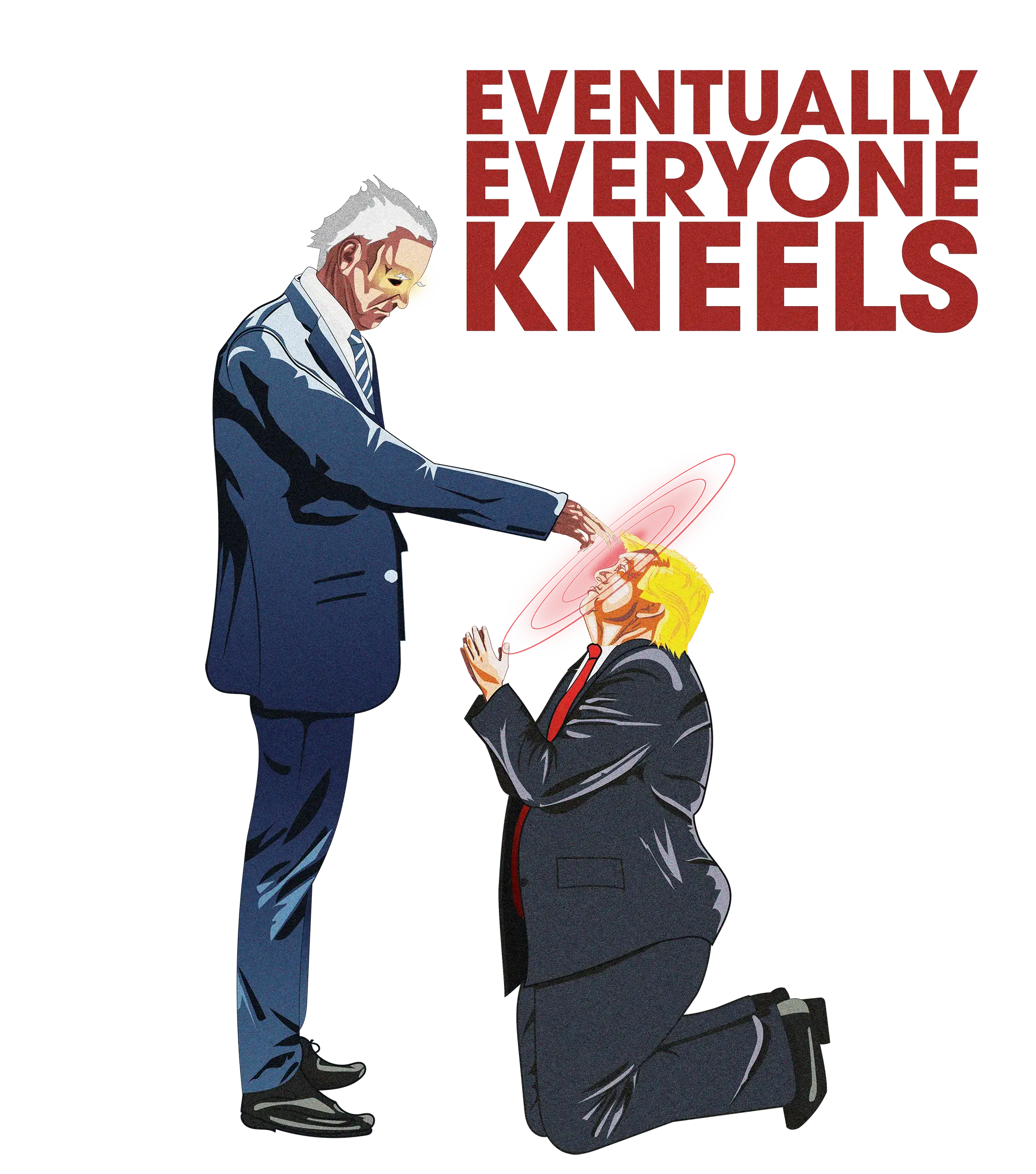ProdigalFrog
A frog who wants the objective truth about anything and everything.
Admin of SLRPNK.net
XMPP: prodigalfrog@slrpnk.net
Matrix: @prodigalfrog:matrix.org
- 1.89K Posts
- 2.16K Comments
I think this post would be better suited for !climate@slrpnk.net than here, as it doesn’t really have any direct relation to solarpunk.

 2·23 小时前
2·23 小时前Thank you for your donation, @zonorti@slrpnk.net! ^^

 3·1 天前
3·1 天前Wadjeteye games (who published primordia) mostly publish serious non-comedic point’n’clicks. I highly recommend Gemini Rue by them.

 6·1 天前
6·1 天前Their thesis is that increasing amounts and intensity of hurricanes compared to past decades due to climate change has overstepped the affected state’s ability to recover before the next one hits, limiting services and life-saving infrastructure.

 4·2 天前
4·2 天前In addition to the link from @knightly@pawb.social, I’d recommend checking out the !meshtastic@mander.xyz community, which has some great resources.
Jeff Geerling also did a good introduction to meshtastic.

 4·4 天前
4·4 天前That’s a pretty compelling article, and it brings with it some much appreciated relief.
And to anyone else who reads it, don’t let it make you complacent! It’s likely true that they simply don’t have the logistics or political capital to pull off what they’re hoping for, but that doesn’t mean they can’t eventually build the logistical network so they can. We need to keep building up local communities and local resilience so we can keep the pressure on and win this, as it won’t resolve itself.
I would say that Free & Open-Source software is a core tenant of solarpunk, and I would prioritize using and supporting it wherever possible. It’s a form of prefiguration, and gives us a solid base to build upon that can’t be easily ripped out from under us via enshittification.
As for what company you’ll be working for, that will be a bit harder to incorporate solarpunk ideals, but not impossible if you manage to find a software co-op that is hiring. Alternatively, if you have enough friends or co-workers that would be interested, you could start your own software co-op yourself! Here’s a great video from already successful software co-ops on how they’re structured legally, internally, and make decisions.

 7·4 天前
7·4 天前They had agreed to plug stoplillinggames in their newsletter, then pulled out last minute, likely because they were worried it would piss off the publishers who sell on their platform.

 1·6 天前
1·6 天前Glad you enjoyed ^^

We have some known factors we can work with here:
- Climate change is happening, and it will have devastating effects.
- The richest people/corporations polluting the most don’t care if you sacrifice or not, they often don’t care about climate change at all, or acknowledge that it exists.
- The biggest polluters will not stop polluting unless the profit incentive for them is removed, or they are forceably stopped.
- Reducing emissions by any means possible is crucial in the time window that we have.
- There are methods that regular people can do in their personal lives to help reduce the total emissions being emitted, but require some sacrifice.
With these known factors, does it make sense to collectively not try to reduce our own emissions just because the biggest emitters won’t start first? I would think if the goal is lower emissions to reduce the horrific and deadly effects happening globally, than we should do what we can to minimize them.
It would be amazing if all the big polluters lowered their emissions along with us, but we know that won’t happen, so if we wait to lower our own emissions until they do, it will never be done and could very well reach a point of no return.
To survive as a species, we will ultimately have to deal with capitalism and those big polluters by more forceful means, which in itself will require collective, mass effort on a global scale.
We don’t know when that mass global effort will take place. It could be in 3 years, or a decade, or even two. In the meantime, the climate continues to get worse. The best thing we can do is give us a little bit more time by collectively reducing our emissions, which requires far less effort and sacrifice than it will to fully solve the problem.
If someone from a more affected poor country who lost family members to climate change (wildfire, drought, famine, etc) asked why someone decided to wait so long before joining in to lower their emissions, do you think they would find “I didn’t want to sacrifice until the billionaires did” a compelling response?
We simply do not have the luxury of time to wait until things are fair. It is unfair, but any and all action is direly needed now. I would plead with you to help regardless of how fair it may be, if only to give us a little more time to get our collective shit together so that our species may live long enough for things to become more fair in the future.

Admittedly I hadn’t actually read stuff on the link before commenting, and I assumed it was going to suggest the sorts of things I did.
Having gone through the little questionnaire, it suggested that I do all of the milktoast things like write to my congress members, vote, and join political campaigning and lobbying groups, which have all proven mostly ineffective (not that I advocate not voting, it’s still useful as harm reduction). for the second part, the ‘rolemodel’ suggestions, it has a few of the things I suggested, along with joining local protests and activist groups, which I do see as helpful to establish connections with others.
I didn’t get the investor, consumer, or professional paths, but I can imagine the investor path would indeed suggest something like you mentioned.
So yeah, I get why you’d be down on it, and share your sentiment.

Your part isn’t being undone by a private jet, you prevented your own emissions to compound with the jet’s, the factory’s, and the deforestation’s emissions.
It is abundantly clear that few meaningful laws will ever be enacted, as most governments are corporate captured. That effectively just leaves collective individual actions on the table, which are still very beneficial in giving us more time for society to organize against the powers that be. Every 0.1% of a degree we can mitigate helps the survival rate of populations most effected.
Tossing aside our collective action because our ineffectual governments continue to be ineffectual is giving up one of our most actionable tools, short of revolution.
I think it can be hard to stick with it because no one wants to feel like they’re depriving themselves while others continue, but at large scale, it really does help massively for each of us to use less energy for heating/cooling where possible, eat less meat (red meat especially. Impossible Meat is an incredible plant-based alternative), drive as little as possible (e-bikes and public transport are excellent alternatives if your area is conducive to them).
It likely wasn’t federated to lemmy.zip. Try subscribing to it and then reloading it a few times. Otherwise you can go to it directly from https://slrpnk.net/c/money to see what should be showing up once it’s federated.
Since Taler isn’t operating in the same way as the wild-west of crypto, and needs to secure the adoption of existing banking institutions, its rollout is going to be much slower.
It hasn’t been widely adopted yet, but the big change that occured is it only just recently released a stable 1.0 version that makes wider adoption possible, and passed some essential security audits, including for iOS.
In addition to recently being approved and available in Switzerland, it is also planned to be added to a Ko-fi-like payment/donation system thanks to a grant by the NLnet foundation, which will hopefully enable it to gain wider adoption by creators or youtubers, as an example. In the future, it could become a replacement for Zelle if more banks adopt it (I suspect credit unions would be more likely to give it a try, if they became aware of it by their membership, and it was requested a lot).
There’s a bit more discussion of it over at !money@slrpnk.net, if you’re interested.
It likely does have more representation and mind-share here on lemmy since it aligns with the ideals of many users here in particular, we’re going to be more tuned into alternatives like that compared to the wider population.

 5·7 天前
5·7 天前Gemini Rue is a great point’n’click with a wonderfully somber and dark atmosphere, and a tremendously good story.
I’d also recommend Night in the Woods, and Sally Face.
The first two Thief games are also very dark (literally), and are some of the finest stealth games ever made, with good stories to boot.

 4·8 天前
4·8 天前I did not suggest you alter your method of writing, I only gave feedback on how the end result of that particular method came off to me, which I made sure to mention was only my subjective opinion. If you prefer that style, then by all means, continue to employ it.

 4·8 天前
4·8 天前Duck.ai is an anonymous front-end for AI LLMs, most of which are ChatGPT models.
I would put forward that a manually tweaked version of an AI’s rendition of your original writing is, in my subjective opinion, difficult to distinguish from untweaked AI writings.
GNU Taler is an anonymous digital cash, but it’s not yet widely adopted, I think only a few banks in Switzerland are using it. Hopefully if continues to gain momentum.
I think the issue is that due to capitalism, for some people, their options can be either to take the risk to create these medicines themselves, or suffer and die due to lack of access.
Moderates


- Linux Hardware@lemmy.ml























Edge, opera, brave, they’re all chromium based.
The only independent browsers still standing are Safari and Firefox (and its forks).